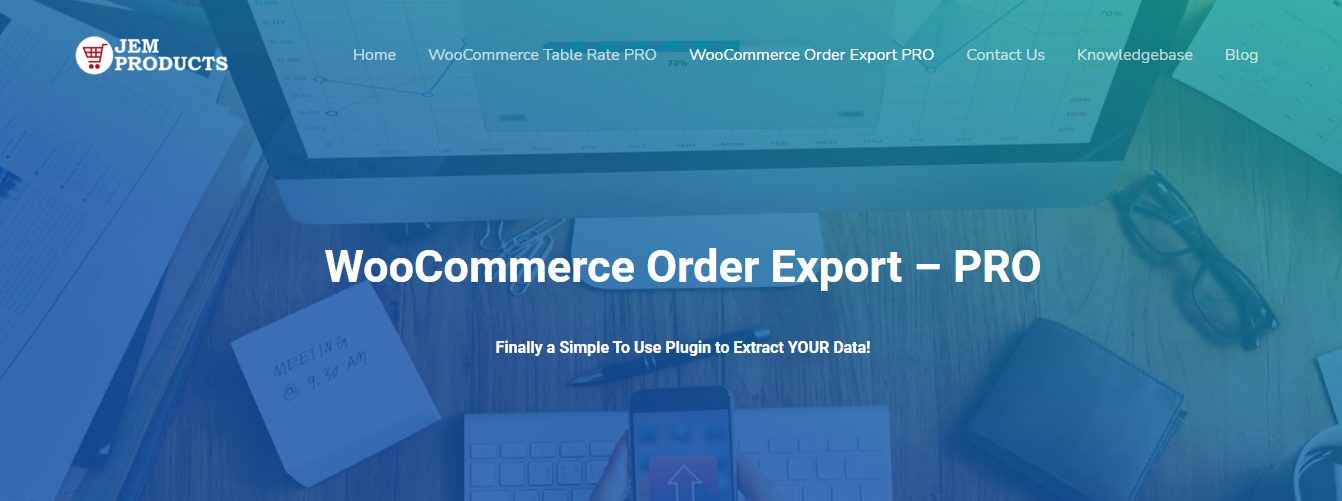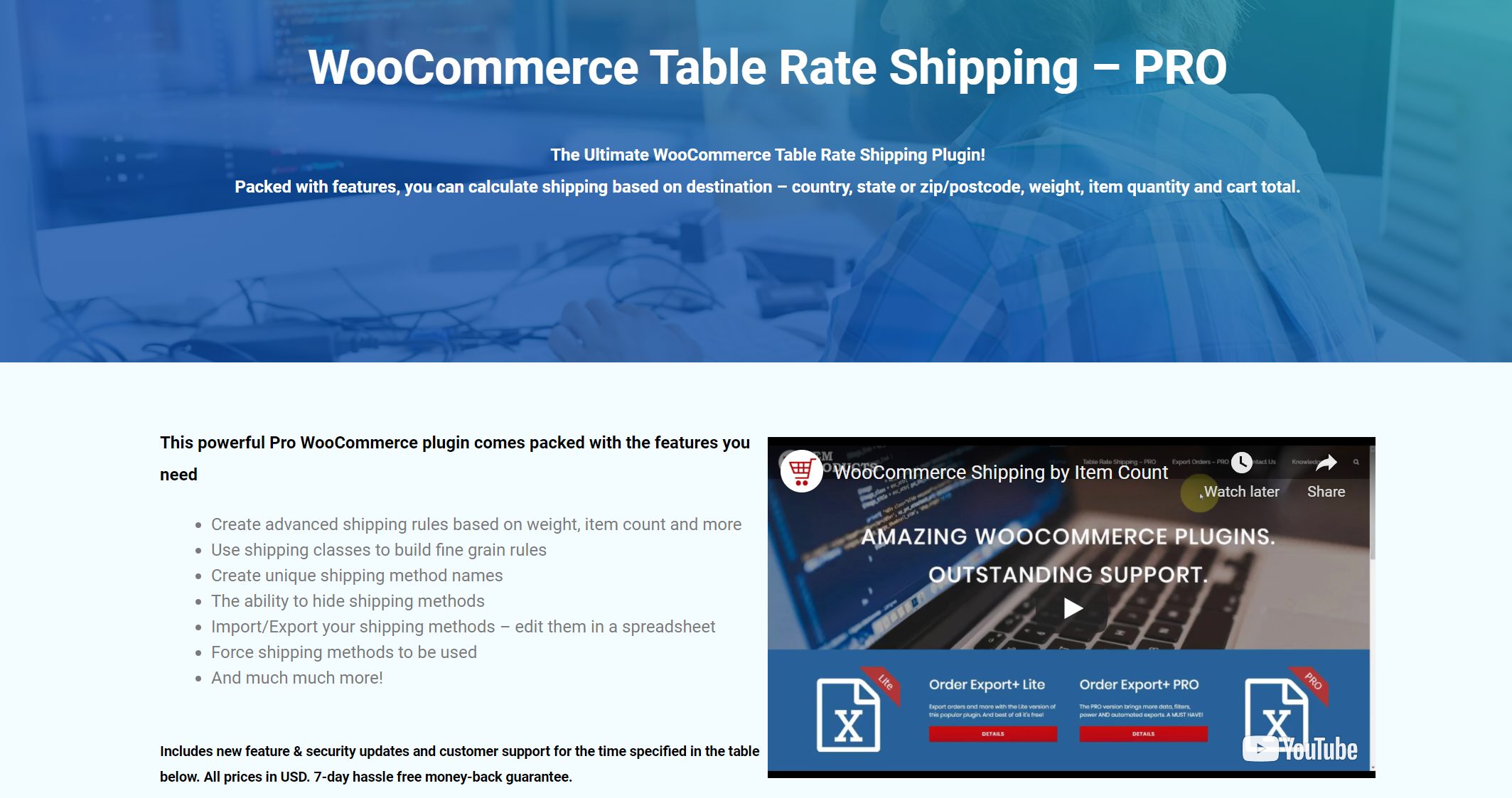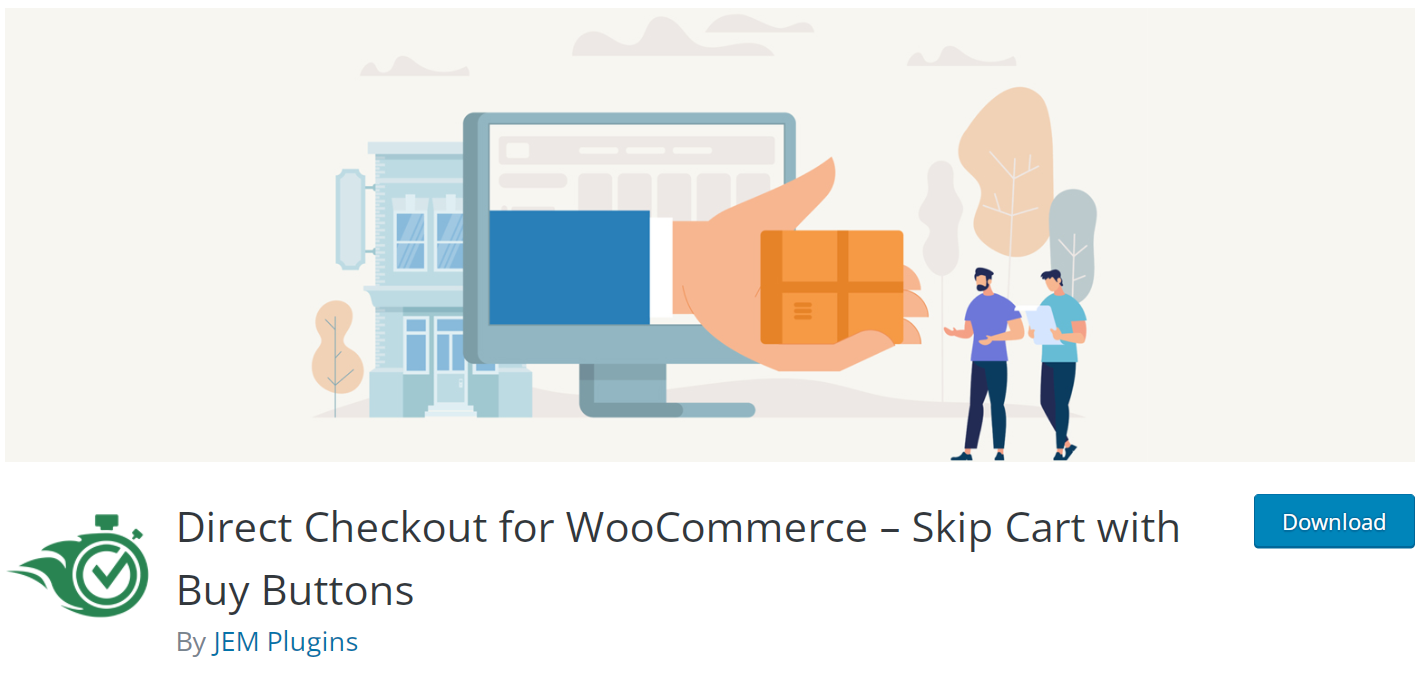Are you looking to start a business that requires minimal initial investment and has a lot of room for expansion? If so, e-commerce may be a great choice for you. Entrepreneurs who run an e-commerce firm have more freedom and reach than those who run a brick-and-mortar store.
It’s all online, so there are no fees, and you can manage everything by yourself in the early days. However, it’s not all as easy as it first seems. While you can open a store almost entirely free of charge, if you’re looking to be successful, you’ll have to invest in some tools, as well as avoid the common pitfalls of a new solopreneur.
And that’s exactly what we’ll be talking about in this post. We’ll list some tips and recommend a few tools that can help you hit the ground running, and we’ll also try to avoid things you’ve heard a million times already. So, let’s get started.
Tips for Starting an E-Commerce Store
1. Match Web Design With the Products

Every website must be appealing and have a certain planned-out aesthetic. It also has to be simple to browse. As an e-commerce website, though, it’s even more important than the appearance and feels match what you’re offering.
For example, if you’re selling furniture, your website should have clear images, zoom-in options, and a sleek design to make the products stand out.
In contrast, if you’re selling casual or streetwear clothing, bold, bright colors and playful fonts will better convey the brand’s message.
2. Provide a Good Selection of Payment Gateways
Without payments, no online shop can exist. Your store needs to provide a handful of popular payment methods that will ensure you never miss a sale.
Many shops stop at simple credit cards payments, but first-time customers are often wary of providing their credit card information. So, include payment gateways such as PayPal, Stripe, or even crypto.
3. SEO Is the Name of the Game

You must advertise your e-commerce store the same way you would a traditional business. One of the most effective methods of doing so is, of course, SEO. The first step is always to include detailed and keyword-filled descriptions.
This might include differences in color or size. The more original and relevant information you have on your site, the more likely your items will appear in search inquiries.
4. Security Is a Top Priority
As we’ve already mentioned, customers are wary about leaving personal information on an unknown site, including credit/debit card numbers. Any breach or leak of this information might put them in serious trouble.
An (SSL) certificate is a necessary step toward full website security, and you shouldn’t even think of opening a store before installing one. This offers a secure route for sensitive data to be sent. It will also reassure clients that their personal information is secure on your website.
5. Satisfy a Need
Many entrepreneurs have a decent product concept but only look for a market once they’ve launched it. This is a big mistake and can result in the dissolution of your business before you’ve even launched it.
Instead of going from the bottom to the top, you should first identify a market need and then develop a solution to meet that need.
Top Tools for Launching an E-Commerce Store
1. WooCommerce Order Export – PRO
You may not think of a plugin like this as essential when first starting. But, soon enough, orders will begin to pour in, and you’ll have no way to export or analyze the data properly, and your growth potential will be stilted before you even get off the ground. We recommend you start using WooCommerce Order Export right of the bat. This plugin is simple and easy to use, so there should be no issues if you’re starting.
It provides a very simple way to export all of your data in any manner you want. You can have it delivered via an FTP client, schedule automatic reports, receive an email notification when the report is sent, and even filter through the data you want to be exported. As we said, an easy way to keep track of all your data – and data is essential to growth, so don’t miss out on this one.
2. WooCommerce Table Rate Shipping
One thing every e-commerce store owner has to keep in mind is shipping. Without proper shipping rules, any store can crumble faster than you could ever imagine. WooCommerce Table Rate Shipping is a simple plugin that allows you to customize shipping rules to the max.
Create a shipping method, add shipping zones (countries or regions where the rules will apply), and decide how to charge for shipping. There are many different shipping options, ranging from item counts, weight, classes, location, etc. You can even hide rules from un-logged users, add handling fees, use multiple methods, etc. And all that with no coding and minimal effort on your part.
3. Direct Checkout for WooCommerce
While Direct Checkout for WooCommerce isn’t an essential plugin per se, it can come in handy. Its main function allows the user to skip the cart and buy an item directly by adding a “Buy” button.
This technique has yielded results, as most cart abonnements happen well in the cart step. Plus, the plugin is completely free, so there’s no reason not to try it.
4. Easy Digital Downloads
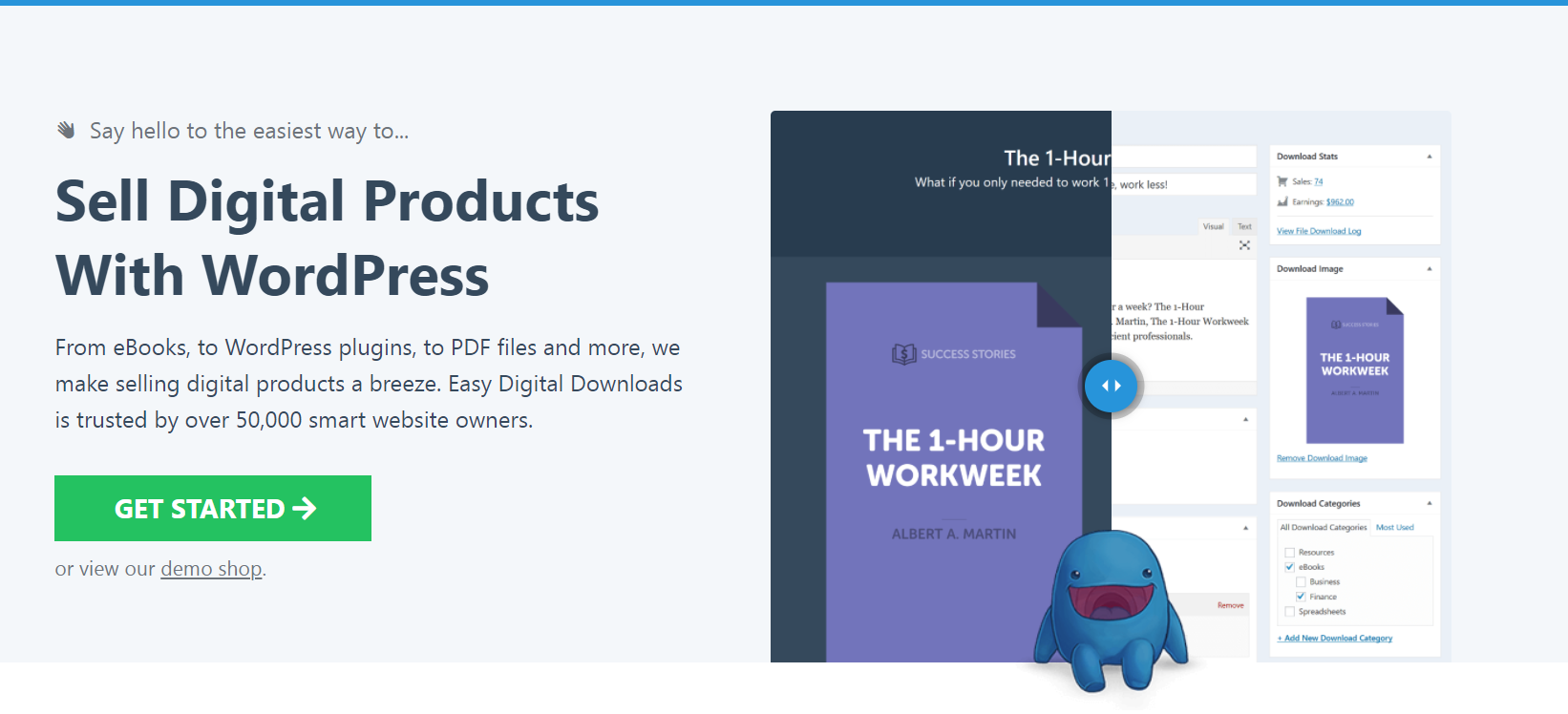
Digital products are only growing in popularity, and there seems to be no end to the trend. But more often than not, it’s hard to find a plugin that’ll satisfy all of your needs as a digital product store, not to mention that installing and using some plugins can be a pain.
They have a lot of features that not everyone wants, which makes the experience a little clumsy. Easy Digital Downloads addresses this issue with a simple and lightweight plugin that helps you sell more.
The plugin has all of the necessary functionality for an e-commerce site, including payment gateways, various handy extensions, and more. It’s also quite compatible with WordPress themes.
5. TH Variation Swatches
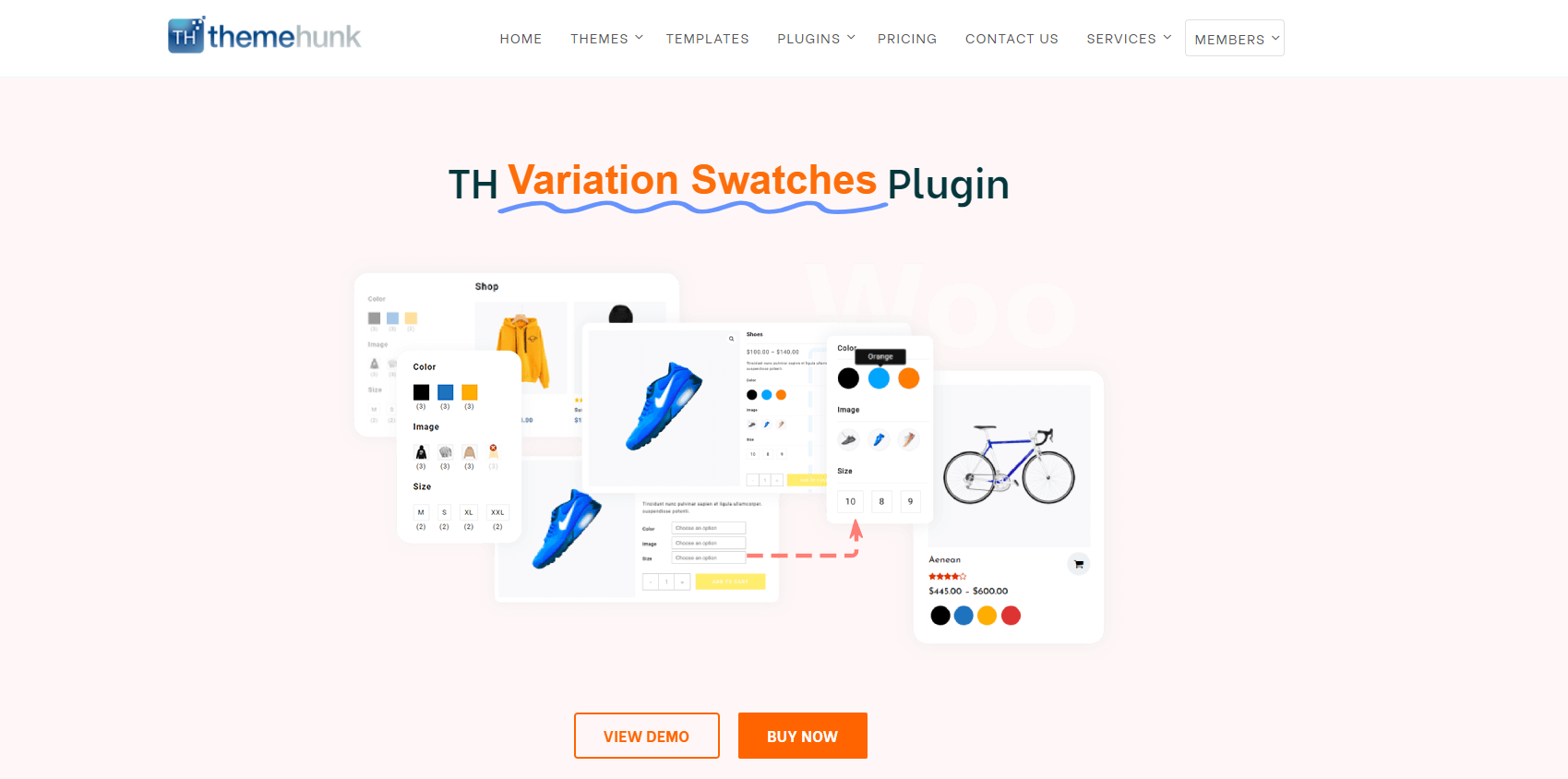
Those looking to sell apparel will need to show different product variations on their site not to show every color as a separate product. This, however, is not a function that comes in WooCommerce by default.
TH Variants Swatches is a powerful and easy-to-use plugin that allows you to display specific features for product variations. Under colors, buttons, and pictures, the plugin presents variants for chosen product choices. It allows clients to see the things they need more clearly, giving them a completely new shopping experience on your WooCommerce site.

